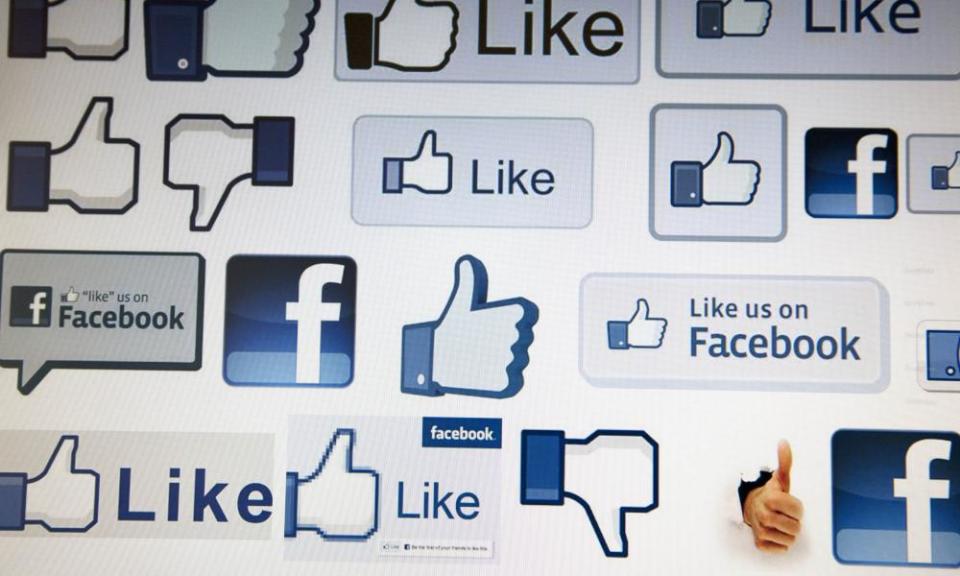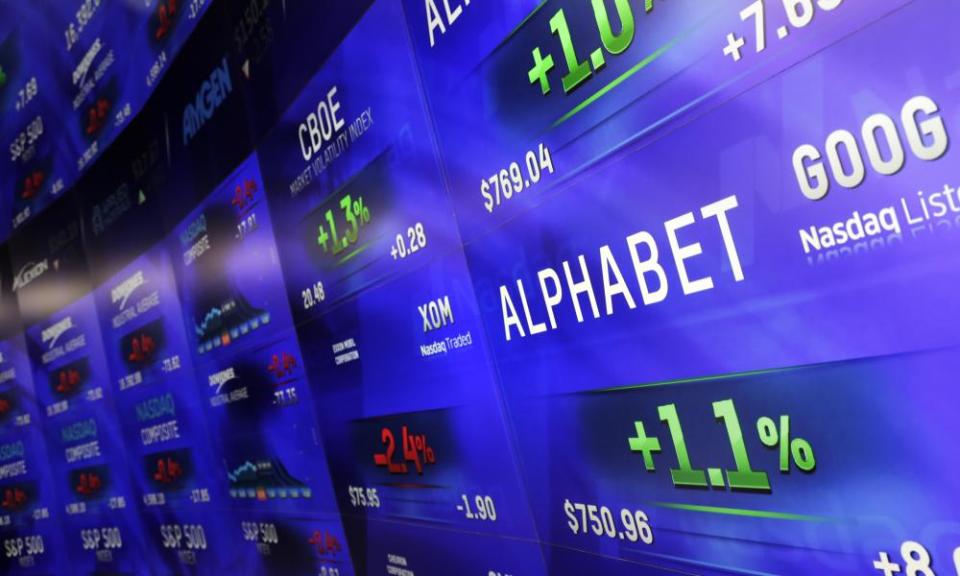The Facebook scandal isn’t just about privacy. Your economic future is on the line

Whenever a technological revolution brings upheaval to the world, it initially benefits the small number of people at its forefront to the detriment of others.
When the industrial revolution brought about the birth of mass production, it led to thousands of skilled, independent workers losing their trades and much of their livelihoods, facing either unemployment or less-skilled work in the new factories, with the loss of autonomy that entailed.
In time, as the law and society caught up with the pace of change, people started achieving protections: workers’ rights, limits to the number of hours that could be worked, improved safety in the workplace and more.
This is a level of wealth concentration not seen in living memory – it was last at comparable levels in the roaring 20s
It might now be clear to all of us that the industrial revolution was overwhelmingly a good thing for the world and for our standard of living – but it took decades of pressure and action for government to make sure those benefits were widely – if not evenly – shared.
This is a lesson for us in the modern era, with its accompanying information age revolution, and tells us why the ramifications of Facebook’s current scandal go far wider than many might suggest.
What started as a row over how Cambridge Analytica harvested data of 50 million Facebook users, mainly in the US, has quickly expanded into a long-overdue public debate on how Facebook and other internet giants collect, handle and package our data to make their multibillion-dollar profits.
As well as our privacy and the risk to our political processes, the issue of who has the rights to our data could decide our economic future.
It is clear that in the aggregate, our personal information – even relatively innocuous details such as our browser search history – is worth a vast amount of money. Alphabet, the parent company of Google, has come to be valued at more than $720bn in the space of 20 years, with most of that derived from its advertising and information efforts. Facebook, which has just celebrated its 14th birthday, is still worth more than $475bn, even after taking a pummelling all week.
Both of those valuations – together topping a trillion dollars – are a reflection of the worth of our data, and the rights those companies hold on it based on what billions of us agreed to in our terms and conditions.

Despite the huge value created by our data, we have handed it over in exchange for little more than the services these companies provide. Now we know its true worth – something we couldn’t have predicted when these companies were young – we should ask whether this trade-off is remotely fair.
If, as has been said, data is the new oil, then the oil wells are in the hands of a few billionaires, and we’re being pumped through the pipes.
To see the extent to which this is true, we need look no further than the increase in American wealth held by the richest 0.1% (about 160,000 families) of US society. It has risen from 7% in 1978 to more than 20% today, according to Stanford University research, with the bulk of this increase happening in the dotcom era.
This is a level of wealth concentration not seen in living memory – it was last at comparable levels during the roaring 20s – and it’s accompanied by regular workers taking ever-smaller slices of the pie. Research by the OECD shows the share of GDP going to workers dropped in advanced economies between 1970 and 2014, with UK workers getting about 6% less, and US workers more than 10% less.
In other words wealth and power are concentrating ever more in the hands of a tiny elite, with the rest of us trying to cling on to what we have. It would be absurd to say technology is the only reason for this trend: the economic policies of Ronald Reagan and Margaret Thatcher kickstarted it, perpetuated by the economic legacies of successor governments.
But despite Silicon Valley’s messianic messaging about bringing the world together and decentralising power, technology – and specifically the data and information industry – is concentrating the currency of the future in a very small number of hands.
It is clear that Cambridge Analytica has serious questions to answer about how it harvested and used data. Facebook has begun to acknowledge that is has explaining to do in how it uses data and packages its users to advertisers.
These are both good and important debates to have. But in a world where increasingly, data means power and money, we should also be asking ourselves the bigger question of who owns and controls our data – and how we can change this unequal relationship.
• James Ball is a former Guardian special projects editor

 Yahoo News
Yahoo News 